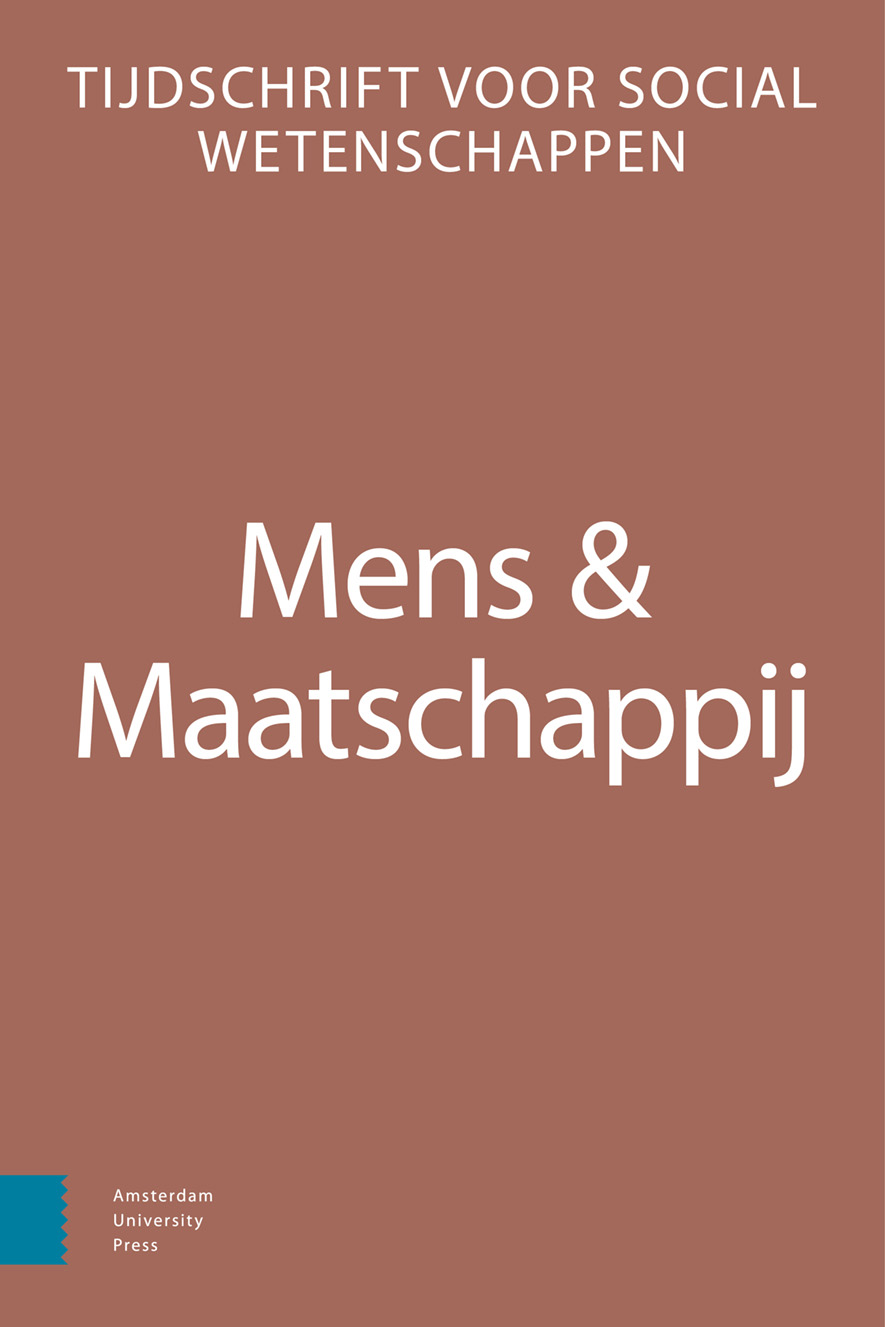-
OAGenoegen nemen met minder
Een bewuste politieke keuze of een gebrek aan informatie?
- Amsterdam University Press
- Source: Mens & Maatschappij, Volume 94, Issue 3, Sep 2019, p. 275 - 302
-
- 01 Sep 2019
Abstract
Settling for less: a deliberate political choice or a lack of information?
In a well-functioning democracy voters should elect parties and representatives with whom they agree on policy issues. The current paper investigates the extent to which Dutch voters in the 2017 parliamentary election had accurate information about parties’ policy positions. We elicit the extent to which voters think they vote for parties with whom they maximally agree (subjective congruence) and the extent to which this is actually true (objective congruence). Results show voters in our sample to have accurate information about approximately half of the policy positions of a random large party. Only 21.5 percent voted for a party with whom they were maximally objectively congruent. Objective congruence does not increase with information accuracy. Voters appear to consciously accept losses in terms of subjective congruence, as only 34.7 percent votes for a party with whom they think to be maximally congruent. These results are compatible with the interpretation of voters first choosing a party, and then (to some degree) adapting their personal policy positions to those of the chosen party.


